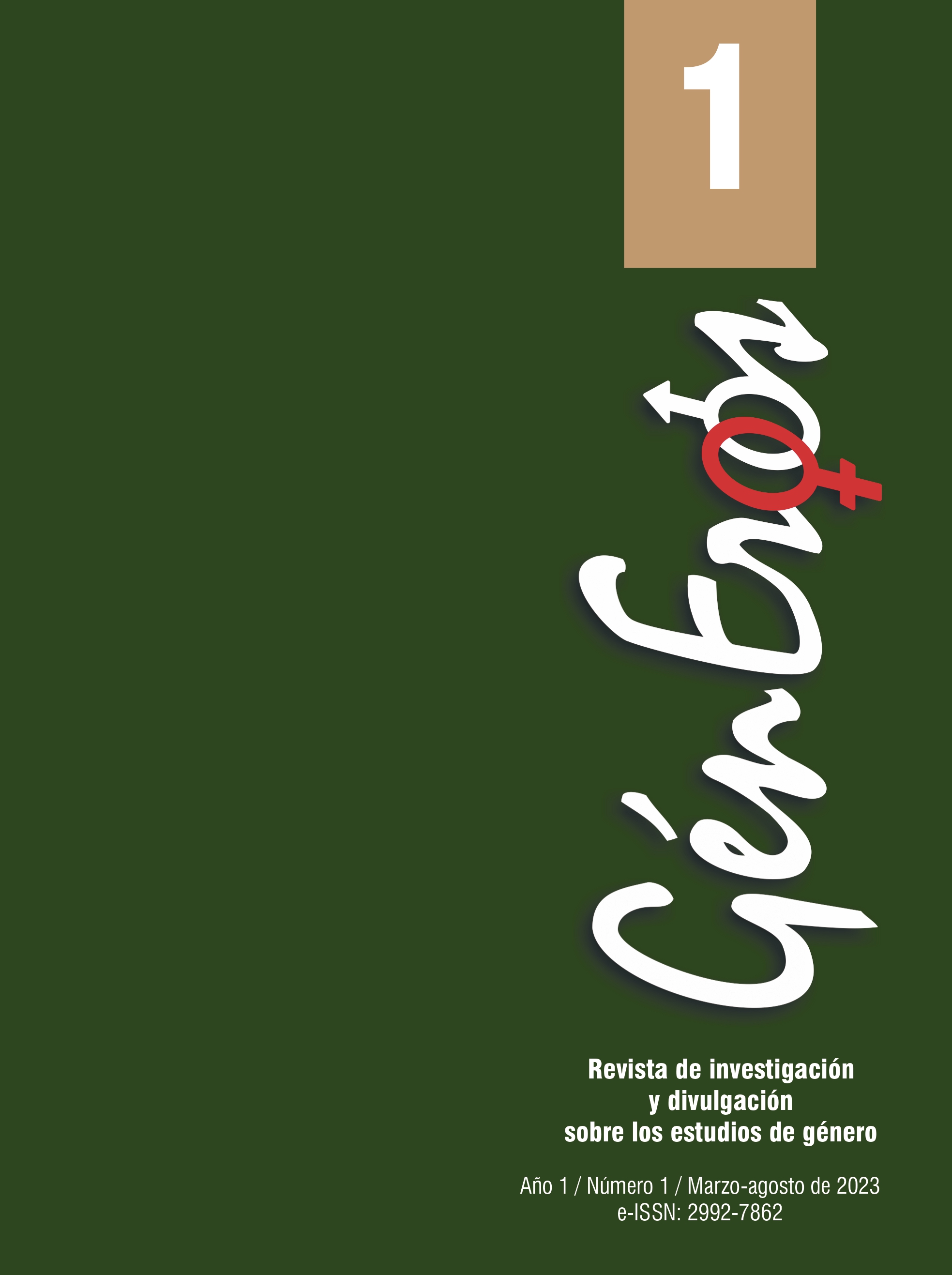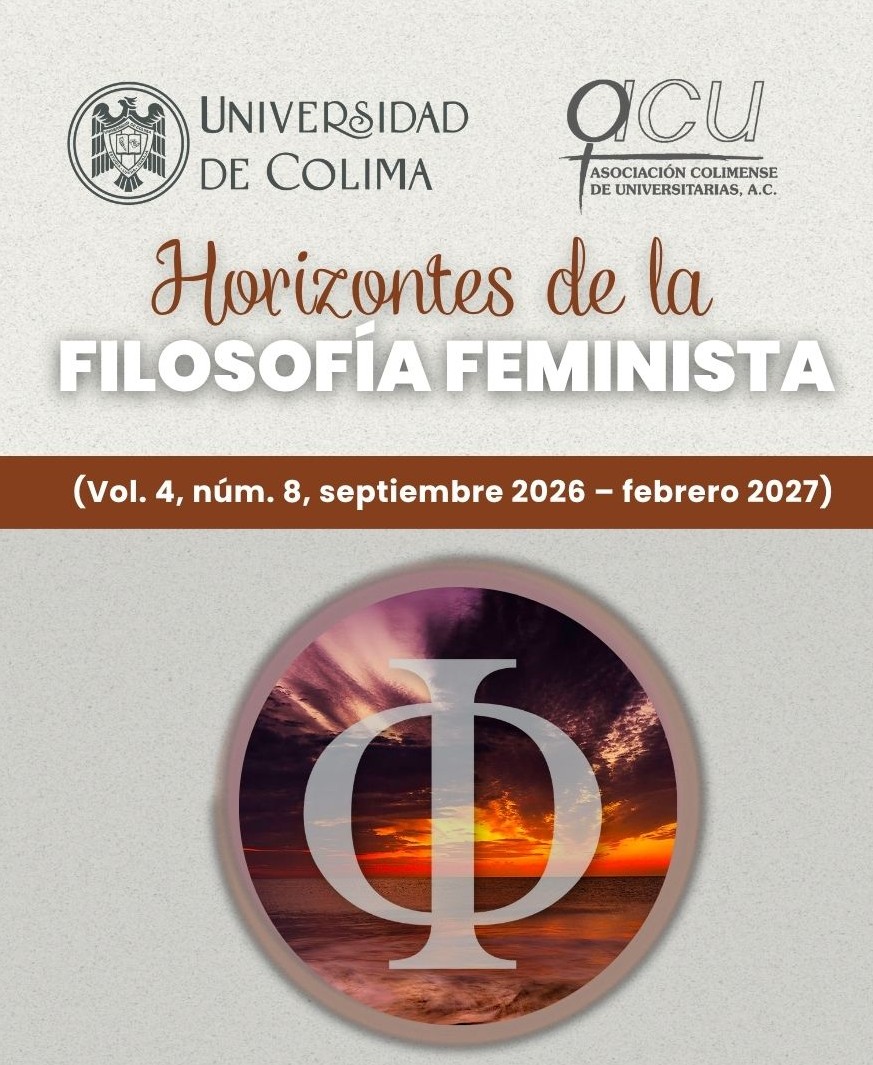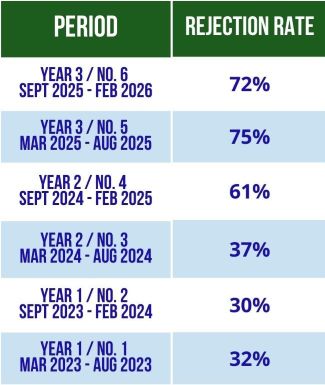The mandates of Masculinity in Heterosexual Men of Three Generations of Colima, Mexico in the XXI Century
DOI:
https://doi.org/10.53897/RevGenEr.2023.01.03Keywords:
mandates of masculinity, masculine identity, generation, paternity, relationshipAbstract
The aim of this article is to analyze the mandates of masculinity in three genera-tions of men from the metropolitan area of Colima and Villa de Álvarez, in Mexico, in an effort to identify the elements that are incorporated into their masculine identity. The methodology used for this study was qualitative since I aimed to describe and identify a reality constructed by the different actors involved in it. From what was just said, I used the ethno-sociological method of Bertaux (2005) which is based on the ethnographic observation of the worlds and the relationships of the sub-jects, adding that from this standpoint it is possible to go from the particular to the general, looking to those cases, elements that allow to explain the sociological processes of greater magnitude. Among he most significant results of this work, we can find that family is an element as-sociated to the mandates of masculinity and that is incorporated into the masculine identity of the men interviewed based on their specific experiences, whether they be parents or considering that the res-ponsibility of having a family and its care depend on them.
Downloads
Metrics
References
Arriagada, I. (2007). Transformaciones de las familias y políticas públicas en América Latina. En: Arriagada, I. (Coord.), Familia y políticas públicas en América Latina. Una historia de desencuentros (pp. 125-152). CEPAL.
Berger, P. y Luckmann, T. (2003). La construcción social de la realidad. Amorrortu editores.
Bertaux, D. (2005). Los relatos de vida. Ediciones Bellaterra.
Bourdieu, P. (2007). El sentido práctico. Siglo Veintiuno.
Carrillo, C. y Revilla, J. (2006). Masculinidad entre padres (madre y padre) e hijos. La ventana. 23, pp. 95-126. https://www.redalyc.org/pdf/884/88402306.pdf
Foucault, M. (1988). El sujeto y el poder. Revista Mexicana de Sociología, 50 (3), pp. 3-20. https://doi.org/10.2307/3540551
Hall, S. (1996). Introducción: ¿Quién necesita identidad? En: S. Hall y P.D. Gay (comps.), Cuestiones de identidad cultural (pp. 13-39). SAGE. http://disciplinas.stoa.usp.br/pluginfile.php/183533/mod_resource/content/1/Hall%201996%20Cuestiones%20de%20identidad%20cultural.pdf
Hernández, O. (2017). Masculinidades en Tamaulipas. Una historia antropológica. Universidad Autónoma de Tamaulipas, Plaza y Valdez editores. https://www.researchgate.net/publication/320024799_Masculinidades_en_Tamaulipas_Una_historia_antropologica
Hernández, R. (2014). Metodología de la investigación. McGraw-Hill.
INEGI (1950). Censo de población y vivienda. Tabulados básicos. https://www.inegi.org.mx/programas/ccpv/1950/#Tabulados
INEGI (1970) Censo de población y vivienda. Tabulados básicos. https://www.inegi.org.mx/programas/ccpv/1970/#Tabulados
Keijzer De, B. (1998). Paternidad y transición de género. En: B. Schmuckler (Ed.), Familias y relaciones de género en transformación: Cambios trascendentales en América Latina y el Caribe. Editores Mexicanos Asociados. https://doi.org/10.18800/9972422828.006
G. (2017). Abriendo brecha. 25 años de estudio de género de los hombres y masculinidades en México (1990-2014). CIAD.
Núñez, G. (2013). Hombres sonorenses. Un estudio de género de tres generaciones. Pear-sons Educación.
Olavarría, J. (2001). Invisibilidad y poder: Varones de Santiago de Chile. En: N. Fuller, M. Viveros y J. Olavarría (eds.), Hombres e identidades de género: Investigaciones desde América Latina (141-161). Universidad Nacional de Colombia. https://repositorio.unal.edu.co/handle/unal/2997
Rojas, O. (2012). Masculinidad y vida conyugal en México. Cambios y persistencias. Géneros, 10 (18), pp. 79-104. http://bvirtual.ucol.mx/consultaxcategoria.php?categoria=1&id=6693
Salguero, A. (2006). Significado y vivencia de la paternidad en algunos varones de los sectores socioeconómicos medios de la Ciudad de México. En: J. Figueroa, L. Jiménez y O. Tena (Ed.), Ser padres, esposos e hijos: Prácticas y valoraciones de varones mexicanos (pp. 57-94). Colegio de México.
Salguero, A. (2006b) Identidad, responsabilidad familiar y ejercicio de la paternidad en varones del Estado de México. Papeles de la Población, 12 (48), pp. 155-179. http://www.scielo.org.mx/pdf/pp/v12n48/v12n48a8.pdf
Salguero, A. y Pérez, G. (2011). La paternidad en el cruce de las perspectivas: El discurso reflexivo de padres y madre en México. Géneros 9 (18), pp. 35-56. http://bvirtual.ucol.mx/descargables/598_paternidad_cruce_perspectivas.pdf
Scott, J. (1986). El género: Una categoría útil para el análisis histórico. En: M. Cangia-no y L. Dubois (ed.). De mujer a género. Teoría, interpretación y práctica feminista en las ciencias sociales (pp. 17-50). Centro Editor de América Latina.
Torres, L.; Garrido, A.; Reyes, A. y Ortega, P. (2008). Responsabilidades en la crianza de los hijos. Enseñanza e investigación en psicología. 13 (1). http://www.redalyc.org/pdf/292/29213107.pdf
Vela, F. (2013). Un acto metodológico básico de la investigación social: La entrevista cualitativa. En: M. Tarrés (ed.), Observar, escuchar y comprender. Sobre la tradición cualitativa en la investigación social (pp. 43-95). FLACSO.
Published
How to Cite
Issue
Section
License
Copyright (c) 2023 Eudes Jairo Medina Mendoza

This work is licensed under a Creative Commons Attribution-NonCommercial-ShareAlike 4.0 International License.
GénEroos Magazine allows you to share, copy and redistribute the material in any medium or format; adapt, remix, transform and build upon the material, crediting the work appropriately and providing a link to the licence, indicating if changes have been made.












